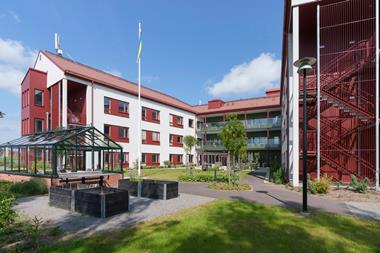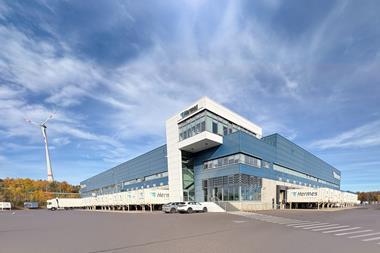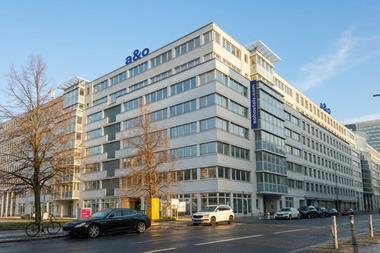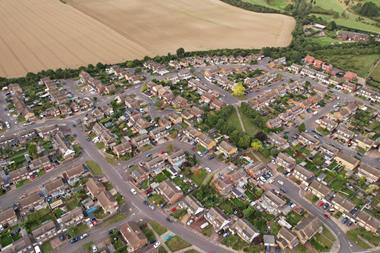Today’s interest rate rise in the UK will have limited impact on the country’s commercial real estate market, according to one of the biggest institutional landlords.
M&G Real Estate downplayed the Bank of England’s decision to raise rates from 0.5% to 0.75%, citing weak correlation between property yields and bank rates, while pointing to counter-effects like global capital flows.
Richard Gwilliam, head of property research at the £31bn real estate fund manager, said: “Our research notes that evidence from previous market cycles and from recent base rate rises in the US show that property can perform well in rising interest rate environments, with property yield expansion far from inevitable.
“There is a healthy risk premium currently priced into UK property which can help to absorb higher interest rates, while increased global capital flows mean UK interest rates are arguably a less significant influence on property investment than previously.”
It is the first time since the beginning of 2009 that the UK base rate has been above 0.5%, and the decision follows a number of rate rises in the US.
A research note by M&G said: “Comparing prime yields for New York offices against 10-year US treasury bonds as an example, rising interest rates have so far not caused any major detrimental impact to US property yields, although the yield spread between the two has narrowed.
“Looking at the UK, correlation analysis based on data over the last 20 years shows an equally weak relationship between property yields and bank rates or gilt yields.”
The report also acknowledged the potential for global capital flows to dilute the effects of interest rates rises, which will be more relevant to UK-based investors.
“As UK property becomes an increasingly global asset class, the volume of global capital flows is also likely to distort the impact of domestic monetary policy changes,” it said.
Sukhdeep Dhillon, senior economist at BNP Paribas Real Estate, provided a similar analysis. “This widely anticipated move, that today saw the Bank of England raise interest rates for only the second time since the financial crisis, is unlikely to have much of an impact on commercial real estate pricing,” he said.
“Commercial property yields are not strongly correlated to interest rates – as a result, the sector will absorb this small rise in interest rates.”
There appears to be a consensus among real estate investors and managers that interest rate rises can be accommodated by markets if they are gradual and offset by rental growth.
M&G said: “Despite much speculation over the pace with which interest rates will rise, we expect the next moves by the BoE to be gradual.
“Market-implied estimates would suggest the UK will transition towards a comparatively lower ‘new normal’ for interest rates over the next five years.”



















